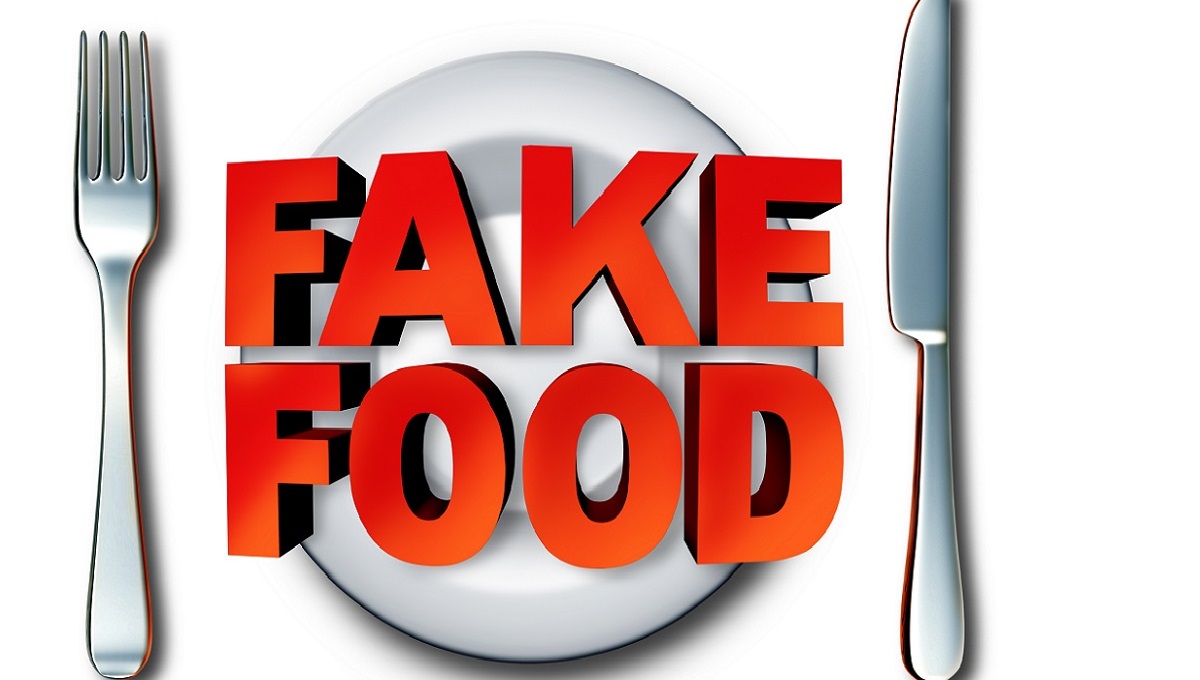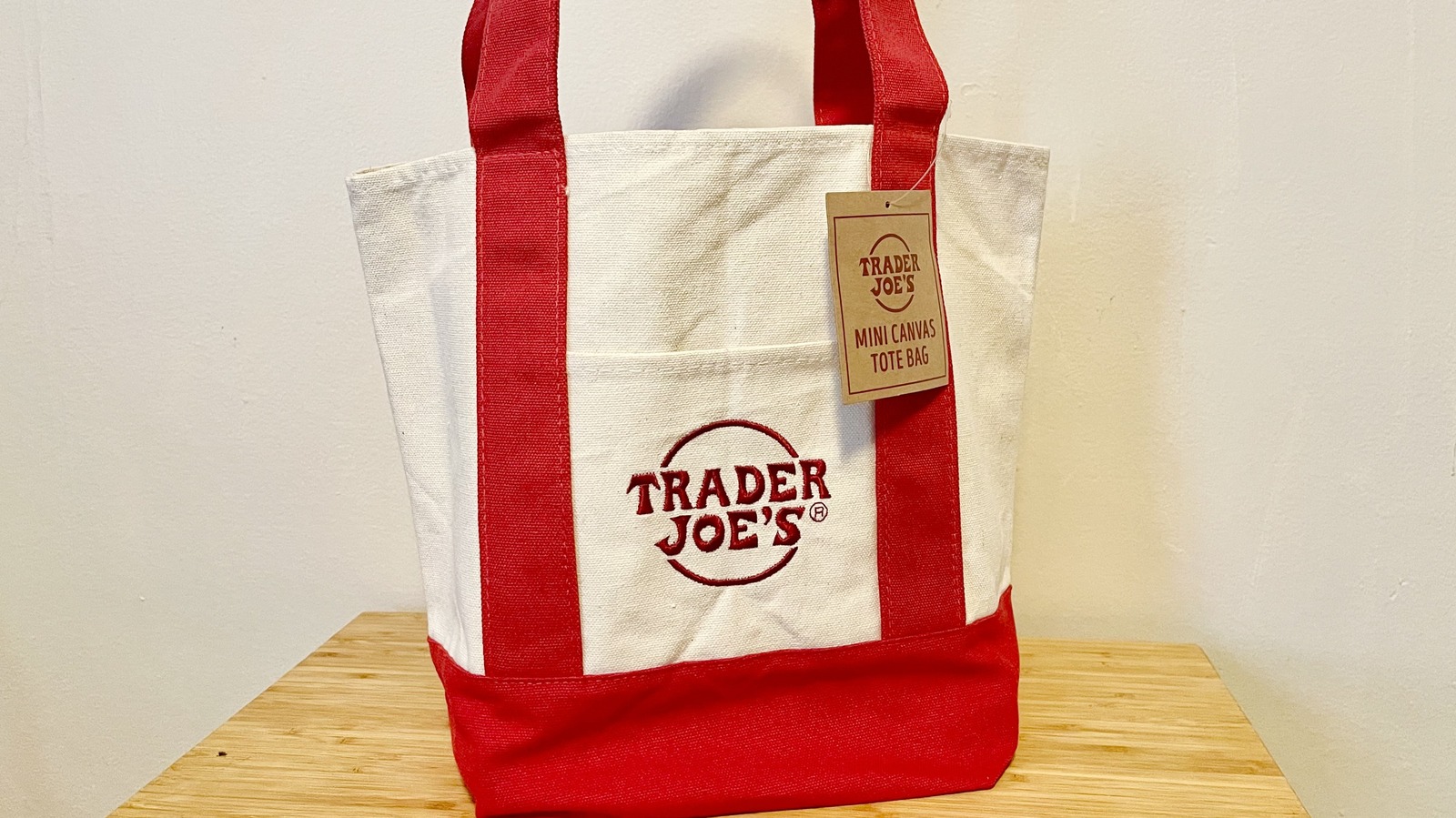
Raw pet food, smokies, and unapproved producers were some of the issues identified by food agencies in the United Kingdom in a report on food crime. Details come from the 2024 Food Crime Strategic Assessment published by the Food Standards Agency (FSA) and Food Standards Scotland (FSS). Food crime costs the UK up to £2 billion ($2.
6 billion) annually. Seven types of food crime are listed: document fraud, theft, waste diversion, unlawful processing, substitution, misrepresentation, and adulteration. FSA and FSS said factors such as the conflict in Ukraine, attacks on Red Sea cargo ships, and legislation changes have disrupted the food chain and contributed to the changing threat of food crime .

Since the 2020 assessment, there has been a reduction in the entry of illicitly gathered shellfish into the UK food chain, likely driven by changes to exports after leaving the EU. Some reporting features cockles, Manila clams, and oysters from unclassified beds or overfished from classified beds in many UK regions. Consumption of shellfish from such areas can pose a threat to public health.
Intelligence regarding falsified horse passports has fallen significantly since the previous assessment. However, there was a rise in retail availability of illicit imports in the UK, referred to as grey market goods. Non-compliant alcohol, confectionery, soft drinks, and meat products have been found in convenience stores.
Issues include non-compliant labeling for allergens and non-permitted ingredients. Smokies and raw pet food Intelligence in 2023 showed an increase in the number of unregistered or unapproved premises linked to the handling, production, or sale of animal by-products (ABP). FSA and FSS said it is likely that avoiding registration is financially motivated, plus the benefit of avoiding regulatory oversight.
Unregistered firms are unlikely to be identified until a problem occurs, such as complaints about substandard products or human illness. Consumer demand for culturally preferred products through illicit domestic production and importation remains a prominent theme. This covers pork from countries where African Swine Fever is present.
Reporting indicates advanced methods of deception in response to controls, such as document fraud and false health marks. Unlawful processing of sheep and pigs is linked to consumers seeking products to celebrate religious holidays and also to satisfy the demand for meat reared, butchered, and prepared in different styles to UK production. Demand for smokies — skin-on, blowtorched sheep and goat carcasses — has created opportunities for organized criminals operating from a few locations in the UK, serving consumers in major cities via retail outlets and personal supply.
Production is concentrated in rural areas of Wales. The increasing popularity and demand for raw pet foods have likely contributed to a rise in unregistered businesses. ABP, including high-risk material, is diverted from lawful, paid-for waste disposal routes to producers who are not registered with a local authority or approved.
Pet food produced in unapproved sites is not subject to temperature and hygiene controls, posing a health risk to pets and their owners. Lead levels were detected in spices, including chili, turmeric, and cinnamon, in the UK, although it is unclear whether this was deliberate adulteration. In 2023, applesauce products containing cinnamon from Ecuador were recalled in the U.
S. because of high lead concentrations. The Centers for Disease Control and Prevention reported 519 people impacted by the outbreak.
The FDA also collected 90 related adverse incident reports. Ron McNaughton, head of the Scottish Food Crime and Incidents Unit, said: “In the four years since our last strategic assessment, the UK food supply has faced significant disruption, creating new opportunities for criminal activity. This latest report outlines key food crime threats and highlights emerging risks within food systems due to external factors.
” Changing risks Another threat is the fraudulent entry of cattle into the food chain due to document fraud. This avoids a revenue loss from disposing of the animal. In 2020, incidences of illegal slaughtering were mainly related to out-of-hours operations within approved premises at times of peak demand.
However, analysis in 2023 showed a move to illicit slaughter in locations such as farms and private land. Reporting has included frozen meats defrosted and sold as fresh, where financial incentives are likely to be linked to reducing food waste and disposal costs. There are also possible authenticity issues in olive oil, honey, herbs, and spices.
Examples of impurities include mixing milk types to fulfill catering requests and using surplus turkey to meet chicken orders. Andrew Quinn, head of the FSA’s National Food Crime Unit, said the risks around fraud are changing. “We’re confident that in the UK, most food is what it says it is, but even small levels of food fraud are unacceptable.
The more we know about food crime, the better we can tackle it with the industry and our local authority partners to protect legitimate businesses and consumers.” Issues predicted to continue impacting food crime include supply chain disruption, declining local authority resources, the new border arrangements, and economic pressures on businesses and consumers. (To sign up for a free subscription to Food Safety News, click here.
).







:upscale()/2024/09/18/991/n/42301552/tmp_mGdEej_beea2403644fb4b3_GettyImages-1339047254.jpg)






